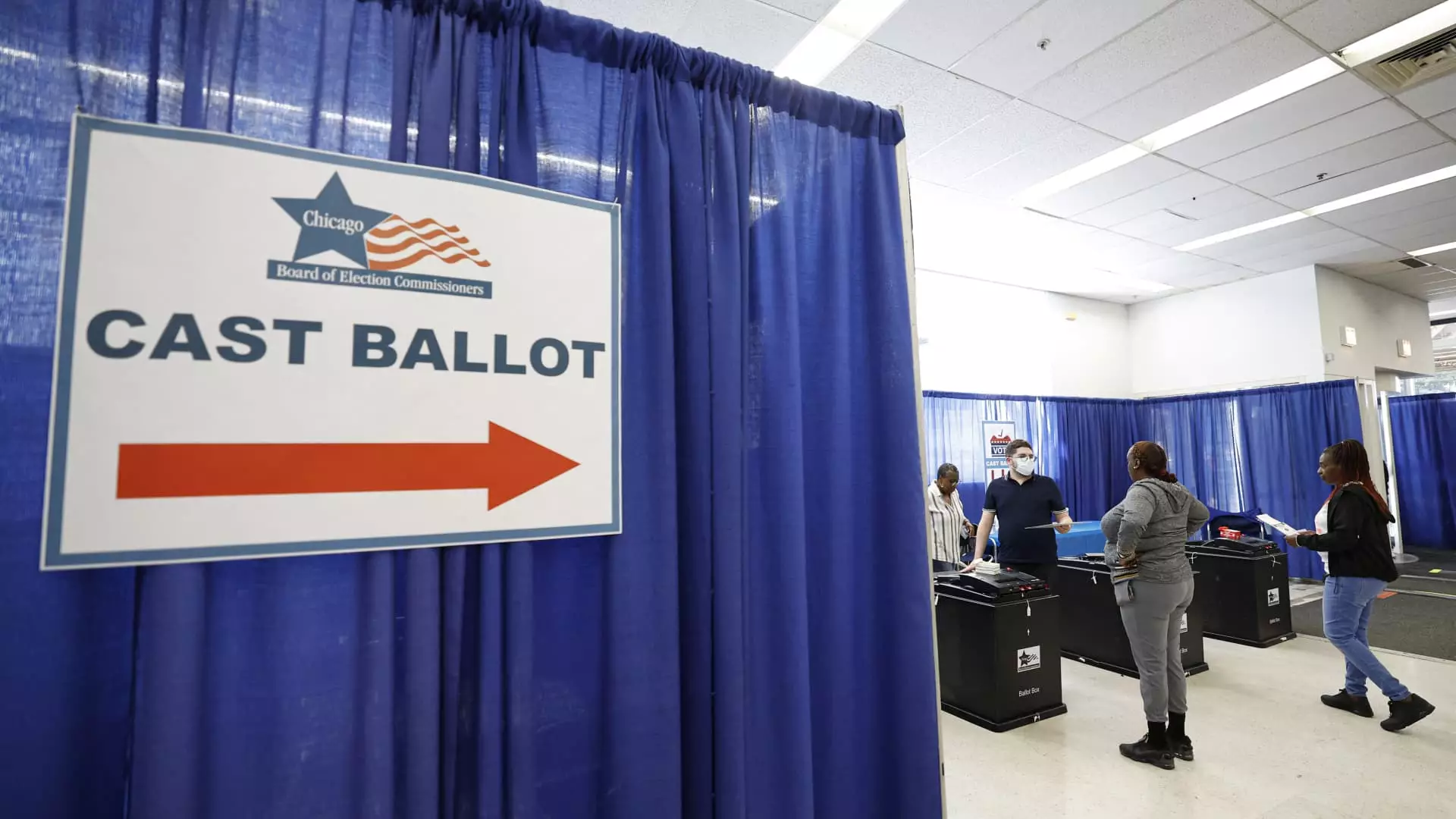In American society, money remains one of the most taboo subjects. New research paints a stark picture: a survey by U.S. Bank revealed that many individuals would rather disclose their voting choices in an upcoming presidential election than share details about their financial status. A similar study conducted by Wells Fargo corroborated this sentiment, indicating that discussions about personal finances are often as challenging as conversations about sex. This aversion to money talks leads many people to sidestep revealing their savings or earnings, reflecting deeper societal anxieties tied to wealth and financial stability.
Scott Ford, president of wealth management at U.S. Bank, expressed his astonishment at people’s willingness to engage in political discourse over financial matters. The reluctance to engage in financial discussions extends from an inherent discomfort linked to personal finances, which intertwine with individual worries and hopes. Certified financial planner Preston Cherry noted that while money discussions hold deep personal significance, political conversations are ephemeral—occurring once every four years—allowing individuals to prioritize temporary dialogues over ongoing financial realities.
The findings from U.S. Bank also suggest a positive trend: families are beginning to breach these previously unapproachable financial discussions, especially between parents and their children. According to research from U.S. Bank, modern parents are engaging in financial education with their kids, covering topics like stock market investments at a rate nearly double that of the previous generation. Despite this promising development, a significant portion of respondents—45%—remain unaware of their parents’ financial situations, indicating a poignant disconnect that could complicate future familial financial interactions.
Experts like Winnie Sun, co-founder of Sun Group Wealth Partners, caution against this silence. Avoiding critical financial conversations can create misunderstandings and misalignments in family financial strategies. The absence of communication could lead to missed opportunities for wealth accumulation and effective planning. Wealth management expert Douglas Boneparth echoed this sentiment, highlighting that neglecting these discussions leaves families vulnerable, especially during emergencies that necessitate quick financial decision-making.
Initiating money dialogues can feel daunting, particularly with older family members. Financial experts recommend easing into these discussions by addressing everyday financial realities such as medication costs and routine expenses, gradually paving the way for deeper insights into familial financial landscapes. Scott Ford encourages families to take a proactive approach by spurring these conversations before crises arise.
Individuals should consider preparing an emergency plan, complete with vital information on bank accounts, healthcare directives, wills, and power of attorney documents. Ted Jenkin, a financial planner, urges family members to approach these discussions not from a place of inquiry into wealth but rather from a desire to ensure preparedness and avoid future complications. Such dialogues promote financial literacy and cohesion among families, serving to mitigate future misunderstandings.
Familial communication is not the only area where financial discussions often fall short; couples frequently encounter similar dilemmas. According to U.S. Bank’s findings, over one-third of Americans report disagreements with their partners regarding money management strategies. Disturbingly, 30% admitted to lying about financial matters. This phenomenon, termed “financial infidelity,” reveals a deeper rift in trust and communication, putting strain on relationships.
To navigate these complex conversations, financial experts advocate creating an open and inviting environment where partners can express their perspectives without fear of judgment. Facilitating discussions in a constructive manner is essential for couples to maintain financial harmony and mutual understanding. Financial advisors can also play a pivotal role in mediating these discussions. U.S. Bank found that 53% of investors benefiting from financial advisory services reported that their advisors had helped them through challenging family money discussions, underscoring the value of professional guidance.
Despite the inherent discomfort surrounding financial conversations, many individuals remain hesitant to engage with financial professionals, often due to perceptions of inadequate wealth or uncertainty about the right questions to ask. However, even a small step towards financial education—such as consulting with an advisor or conducting independent research—can significantly alter one’s financial mindset and reduce stress linked to money management.
Winnie Sun emphasizes that most competent financial advisors offer complimentary initial consultations, providing an accessible entry point into financial literacy for those who may feel intimidated. Taking this first step can foster a more informed and empowered approach to personal finance, helping individuals build a healthier financial future.
Ultimately, fostering open conversations about money is essential—not just for personal growth, but for strengthening familial bonds and ensuring financial stability across generations.

